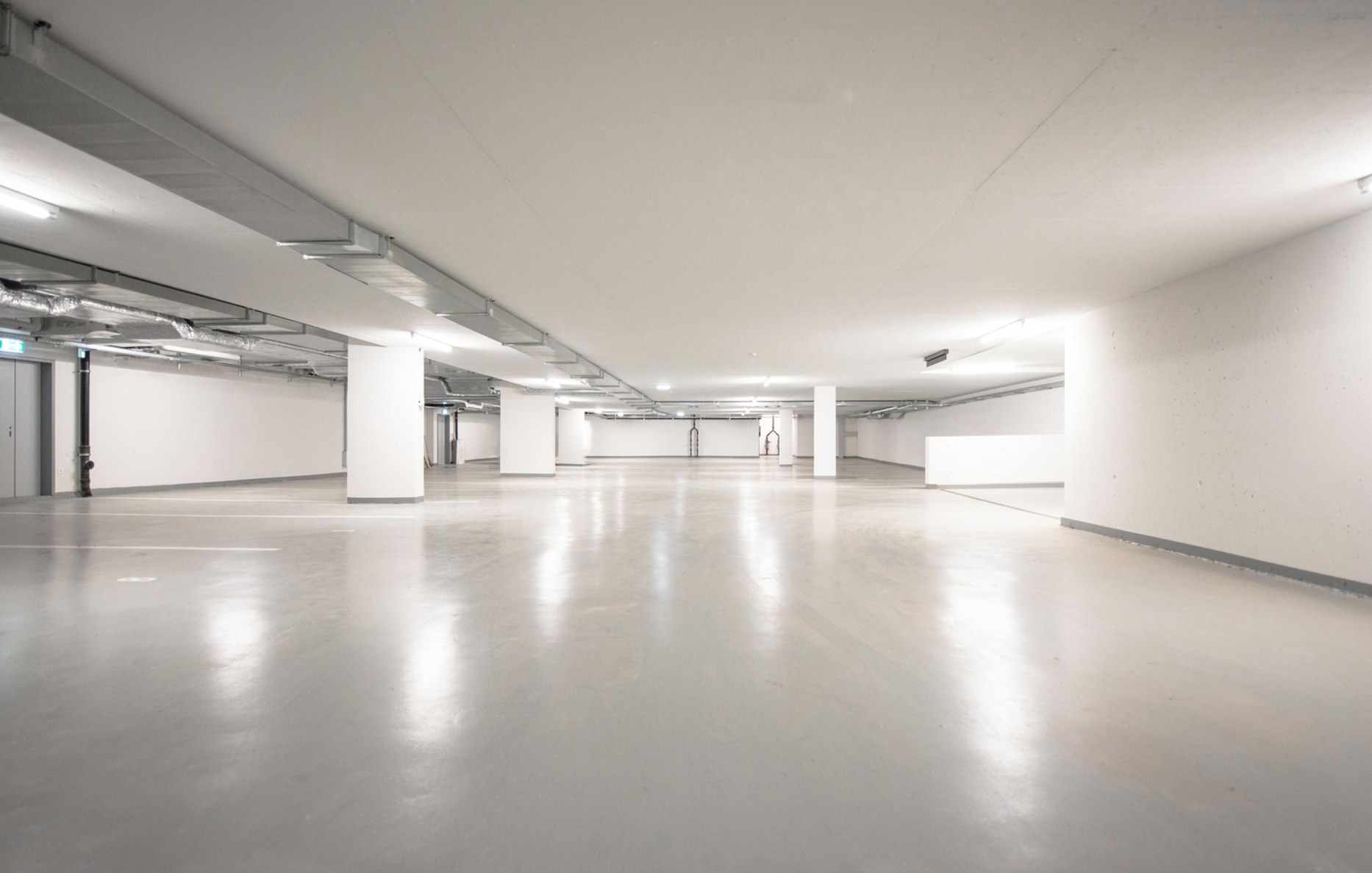THE CAR PARK WORTH A TRILLION DOLLARS
Benjamin Vial
for Bilan, the editorial reference in economics.

If today, in Geneva, underground parking is an asset in a rental building, can we say the same in the next twenty years?
In a recent project, considering the operating costs and the obligation of profitability over the next fifty years, we wondered about the need for the construction of an underground car park.
Indeed, today, the development of urban transport, the rise of soft mobility or the advent of the electric bike could encourage tenants to no longer need a place in the basement. This phenomenon is further reinforced by the generation of millennials who no longer see in the possession of a symbol of social status, but that of a service that is easier to rent on demand than to own.
The electroshock of the autonomous car
In this context, it should be added that the arrival of the autonomous car (my car is driving alone today on the highway) is only a matter of time (5, 10, 15 years maybe ?), but certainly before fifty. However, it is a safe bet that with the arrival of autonomous cars at the request, many people will give up possession of a car.
So this underground parking, is it built or not?
A question of performance ...
If the return can not be assured over more than 20 years, it seems that it is an obvious economic risk that pushes to build low-cost, easy-to-convert, above-ground car parks. In Geneva, however, the state is pushing for the construction of basement car parks when planning buildings to improve the quality of outdoor facilities. If this policy of quality of common amenities is laudable, we can legitimately wonder about the choice of private and institutional owners who will have to find reconversion solutions for empty car parks or cash in large losses.
... and retraining
How to integrate these variants of urban planning? Especially since public transport poses the same problem. Major infrastructure works may be short-term in the long run. For the record, Geneva had at the beginning of the last century a network of very developed trams (one of the largest networks in Europe), completely dismantled with the arrival of the car. A network that we are rebuilding at great expense. Will it be disassembled again by 2050 because of the competition of the autonomous car?
A big bang of a trillion dollars
A recent study by the 99mph consulting firm goes even further than these parking performance issues by predicting a big financial bang with the arrival of the autonomous car.
If much of the price of real estate is related to its practical situation, this state of affairs may well shatter. If it is painful today to drive an hour to work, imagine this time spent reading or sorting email. The location would no longer be a brake on investment and values would readjust. This American study speaks of a trillion dollars in rebalancing related to the location of goods. It also highlights the likely speed of market turnaround that may anticipate this phenomenon and move prices even before the advent of technology.
